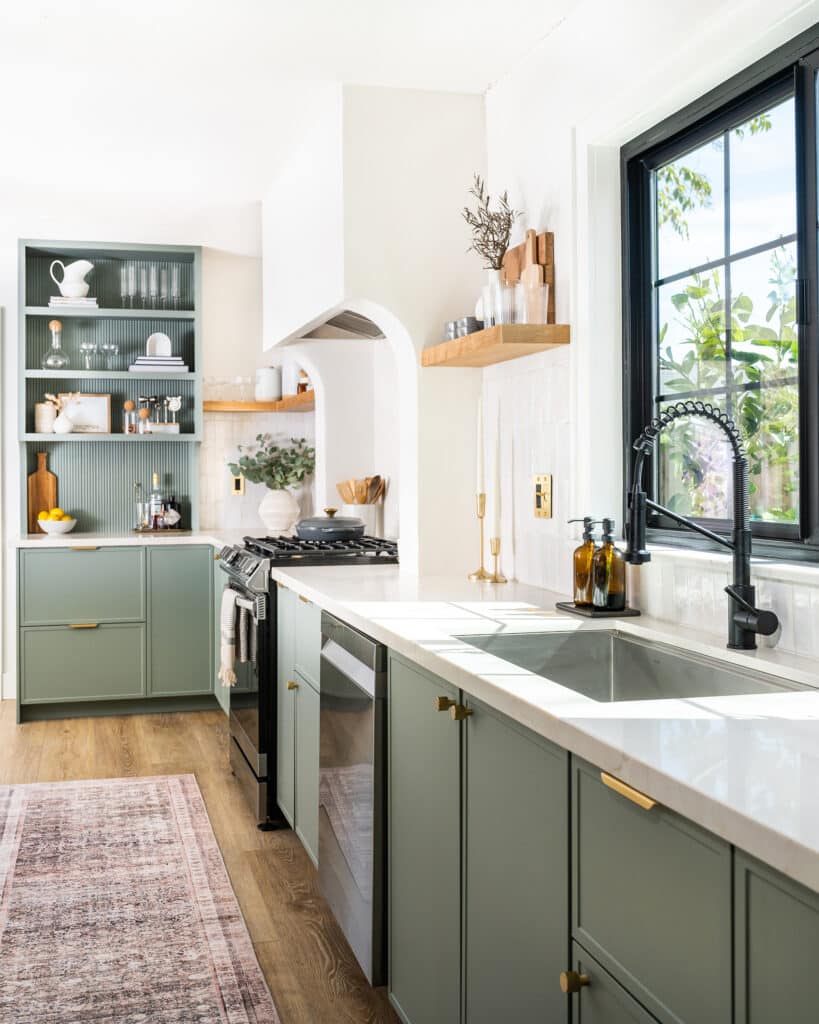Being a farmer is one of the most rewarding occupations around. Just think how proud you were that time you grew one scrawny tomato on your patio. Now imagine growing tomatoes for your entire neighborhood. It’s not easy waking up with the sun and being at the mercy of Mother Nature. Farming is a challenging profession for anyone, but especially for Black farmers in the US.
As you’ve probably heard in the news, Black farmers have faced a century of institutional discrimination from the US Department of Agriculture, in the form of waiting 4x longer for government loan decisions compared to white farmers, exclusion from land grant programs, and inflexibility with loan terms. That’s why Black farmers in the U.S. have lost an estimated 12 million acres of farmland since the 1950s. Thanks to the historic American Rescue Plan passed in March, Black farmers will receive $5 billion for debt relief, training, grants, and assistance with purchasing farmland.
Despite all these challenges, it’s heartening to see the growing number of Black-owned farmers who are thriving across the country, like Leah Penniman of the acclaimed Soul Fire Farm near Albany, New York. And with spring finally here, we wanted to highlight four other Black farmers growing for farmers markets and community supported agriculture (CSA) subscription boxes. Want to help but you don’t live nearby? All of these farms accept donations that purchase food for people in the community.

Photo courtesy of @anv_farm
Acta Non Verba Youth Urban Farm Project in Oakland
After being bitten by the gardening bug as an adult, Navy veteran Kelly Carlisle wanted to share it with young people in her community. “There’s a sense of empowerment that comes when you produce something you can eat,” says Carlisle, founder of Acta Non Verba Farms. “It’s the purest form of Black girl magic.” Her idea became a reality when Cynthia Armstrong gave her access to a vacant East Oakland site in 2011. Since Carlisle is all about action, not words (that’s what the farm’s name means in Latin) she’s now farming three sites. They offer a seasonal cornucopia of veggies and herbs, plus honey, nuts, spices and baked goods from partners. Sign up for the Beet Box CSA for full or half share boxes, and arrange pick up or get your veggies delivered. Proceeds go into education savings accounts for the kids who participate in the program.

Photo courtesy of @bontonfarms
Bonton Farms in Dallas
Bonton Farms started with a community garden in Bonton, a historically Black neighborhood in Dallas. Today, the team farms two urban gardens, plus a 40-acre site outside of the city. They offer seasonal organic produce, like Red Sail lettuce, flowering kale and chives, plus their eggs and honey, as well as sustainable meats from partner farms. Pick up at the Bonton Farmers Market open Monday through Saturday, or sign up for deliveries if you’re a local. If we lived in Dallas, it’s pretty certain we’d opt for pickup so we could stop by the Bonton Cafe for sweet potato hash or a breakfast taco.

Photo courtesy of @riseandrootfarm
Rise & Root Farm in New York
Karen Washington is a longtime Bronx food and urban gardening activist, who founded Black Urban Gardeners. After she retired, she co-founded Rise & Root Farm in Orange County, New Jersey. Now Washington and her partners, who were just featured in T Magazine, are able to help even more people in the region enjoy fresh and healthy food. After a winter hiatus, they’re getting ready to return to the Union Square Greenmarket and the Chester Agricultural Center in April or May. In the meantime, get your own garden ready by shopping their spring plant sale (that runs through April 26) for tomatoes, sweet and spicy pepper, Swiss chard, green herbs, and edible flowers like sunflowers and violas.

Photo courtesy of @blackfuturesfarm
Black Futures Farm in Portland, OR
Black Futures Farm is fueled by the idea that for Black people to have a future where they’re self-sufficient and cooperative, they need a healthy local food system. “Portland was a sundown town,” says Malcolm Hoover, referring to a town Black people needed to leave by sunset for their safety. “For Black people to have a farm (here) that is specifically for Black people to connect back to the land is a revolutionary act.” Aided by volunteers and interns, Hoover and his wife Mirabai Collins tend 17 different fruit trees, and an acre filled with vegetables, flowers, and medicinal herbs. When the farm is in full swing in May, they have produce ranging from bok choy to purple emperor beans, and cantaloupe melons to cucumbers. Email to get on the waiting list for their CSA (Black families are prioritized), or find them at four different farmers markets around Portland throughout the week.








